43 psychiatric diagnostic labels do not assist health professionals help patients
Three Approaches to Understanding and Classifying Mental ... Dec 06, 2017 · This article discusses the approaches to describing and classifying mental disorders taken by three key organizations: the World Health Organization (WHO), 2 which is in the process of developing the 11th revision of the International Classification of Diseases (ICD), scheduled to be released for use by WHO member states in 2018; the American Psychiatric Association (APA), which published the ... An Overview of Psychopathology - Verywell Mind The Diagnostic and Statistical Manual of Mental Disorders (DSM) is created by the American Psychiatric Association (APA) as an assessment system for mental illness. The DSM-5 published in 2013 is the current edition and includes identifiable criteria that mental health professionals use to arrive at a specific diagnosis. 3
Psychiatric Diagnostic Labels: What Do They Mean? An example of the two systems. Mr. A has a clear case of alcoholism.If we were to diagnose him using the relevant DSM label, "Alcohol Use Disorder," he would need to have at least 2 of a list of ...
Psychiatric diagnostic labels do not assist health professionals help patients
Mental Health Stigma: Society, Individuals, and the Profession Unfortunately, few individuals receive the psychiatric treatment they need, as individuals often do not seek services and frequently do not remain in care once they begin. The WHO (2001) has suggested that stigma is one of the largest barriers to treatment engagement, even though treatment has shown to be effective, even in low income countries ( Patel, et al, 2007 ). Diabetes Mellitus: Nursing Care Management - Nurseslabs 05.06.2020 · The classification system of diabetes mellitus is unique because research findings suggest many differences among individuals within each category, and patients can even move from one category to another, except for patients with type 1 diabetes.. Diabetes has major classifications that include type 1 diabetes, type 2 diabetes, gestational diabetes, and diabetes … CCHR Condemns Legalized Euthanasia of Mental Health Patients The U.S. National Institute of Mental Health (NIMH) reports that as many as two-thirds of those taking antidepressants do not recover from depression, that psychiatrists ignore this as treatment failure, redefining it as "treatment-resistance."
Psychiatric diagnostic labels do not assist health professionals help patients. Discrimination against people with mental illness: what can ... It is widely believed that psychiatrists use diagnostic labels in a cavalier way ( Sartorius 2002 ). Similarly, it is often believed that psychiatrists tend to use medications rather than psychological treatments and that these drugs have unpleasant or even dangerous side-effects. Professionals' perceptions of service users Physician bias Psychiatric-Mental Health Practice Exam HESI - Quizlet Correct Answer (s): A. 2. A male client is admitted to the mental health unit because he was feeling depressed about the loss of his wife and job. The client has a history of alcohol dependency and admits that he was drinking alcohol 12 hours ago. Vital signs are: temperature, 100° F, pulse 100, and BP 142/100. The Difference Between a Medical and Psychiatric Diagnosis and Facts ... The fact is, all mental disorders contained within psychiatry's Diagnostic and Statistical Manual of Mental Disorders (DSM) are decided by psychiatrists voting on what is, or is not, considered a mental disorder. Such disorders are also included in the mental health section of the International Classification of Diseases (ICD). Diagnostic Labels, Stigma, and Participation in Research Related to ... Dementia and MCI are diagnostic labels that have considerable use for health care providers and researchers in delineating specific patient populations that may benefit from clinical and research attention.
Pros and cons of diagnosing mental illness - Kentucky Mental Health Care The diagnosis gives a label to a cluster of symptoms, experiences, or problems. It gives hope and reduces the anxiety of the unknown. The diagnosis makes people connect to other individuals facing the same type of problem. Specific diagnoses help people identify empirically supported treatments. Are Mental Illness Diagnostic Labels a Good Idea? - HealthyPlace Diagnostic mental illness labels will likely always be used. They have a function, just as do medical diagnostic terms such as cancer and diabetes. Use them for what they are—tools for communication and improvement. Just don't let them become a term for who you are. The Language That Defines Mental Illness Communicating a Schizophrenia Diagnosis to ... - Psychiatric Services Transparent diagnostic communication is a widely accepted principle in medicine; however, evidence suggests that mental health clinicians are often reticent to communicate a diagnosis of schizophrenia to their patients ().Factors such as diagnostic uncertainty, pessimism regarding outcomes, concern about stigma, and patient's lack of insight all influence the confidence of psychiatrists in ... Behavioral Health Assessment Tools for Adults & Children - ICANotes Primary care doctors may also use these screenings during regular checkups to refer at-risk patients to behavioral and mental health specialists. 2. Depression. If your patient shows signs of depression or has a family history of depression, screenings like the Patient Health Questionnaire (PHQ) may help give a more definitive answer. 3.
Mental health 'labels' can do more harm than good, warn researchers August 18, 2015 Mental health 'labels' can do more harm than good, warn researchers by Andy Dunne, University of Bath Labels such as 'borderline personality disorder' or 'schizophrenia' may be... Information Related to Mental and Behavioral Health | HHS.gov At times, health care providers need to share mental and behavioral health information to enhance patient treatment and to ensure the health and safety of the patient or others. Parents, friends, and other caregivers of individuals with a mental health condition or substance use disorder play an important role in supporting the patient's ... PDF Just a Label? Some Pros and Cons of Formal Diagnoses of Children* And for some, diagnostic labels protect them from self-blame and can help defuse charges of laziness or stupidity leveled by teachers, parents, or peers. *The material in this document was culled from the literature and drafted by Joyce Cheng as part of her work with the national Center for Mental Health in Schools at UCLA. Mental health labels can help save people's lives. But they can also ... A n important Lancet Psychiatry paper has just come out. It is the largest review looking at service user, carer and clinician experiences of mental health diagnosis. For some people, psychiatric...
Professional Stigma of Mental Health Issues: Physicians Are ... - LWW the house of medicine not only mimics society in attributing stigma to people with mental health issues but may also contribute to high rates of suicide in the ranks of health care professionals by leading to a delay in seeking treatment. Acculturation accelerates in the first year of medical school such that medical students experience an increase in burnout and depressive symptoms from ...
Diagnostic Classification System - an overview | ScienceDirect Topics A version of the ICF for children and youths (ICF-CY) has been developed. 29 The ICF-CY includes more than 100 functional impairments and relevant codes that are applicable to DSM-IV, DSM-PC diagnostic categories, and the DC:03R. An example of the relevant dimensions and codes that are applicable to one disorder (ADHD) is shown in Table 6-6.
Stigma, Prejudice and Discrimination Against People with Mental Illness More than half of people with mental illness don't receive help for their disorders. Often, people avoid or delay seeking treatment due to concerns about being treated differently or fears of losing their jobs and livelihood. That's because stigma, prejudice and discrimination against people with mental illness is still very much a problem.
Diagnosis in child mental health | Australian Institute of ... - AIFS Numerous converging factors are thought to contribute to potential overdiagnosis, including the influence of the pharmaceutical industry. Introduction 1. Strengths of current diagnostic systems 2. Criticisms of current diagnostic systems 3. Overdiagnosis of child mental health conditions 4. Children's and parents' views of diagnosis 5.
Study finds psychiatric diagnosis to be 'scientifically meaningless' Diagnostic manuals such as the DSM were created to provide a common diagnostic language for mental health professionals and attempt to provide a definitive list of mental health problems, including...
Labeling of mental disorders and stigma in young people DOI: 10.1016/j.socscimed.2011.06.015 Abstract Mental disorders are common in young people, yet many do not seek help. The use of psychiatric labels to describe mental disorders is associated with effective help-seeking choices, and is promoted in community awareness initiatives designed to improve help-seeking.
Issue Brief: Access to Medications | Mental Health America Disruptions in medication continuity are associated with significant adverse clinical outcomes. 69% of patients with medication access problems had adverse events compared to 40% for patients with no access problems. These adverse events include: 20% had emergency room visits. 11% were hospitalized.
Medication Administration Safety - Patient Safety and Quality There is a large and growing body of research addressing medication safety in health care. This literature covers the extent of the problem of medication errors and adverse drug events, the phases of the medication-use process vulnerable to error, and the threats all of this poses for patients. As this body of literature is evaluated, the fact that there are crucial areas about which we know ...
DSM-5 and the Ethics of Diagnosis - SocialWorker.com At their best, DSM diagnoses help social workers and other mental health professionals understand clients, guiding their interventions from an evidence-based perspective. Diagnosis helps professionals with goal setting, treatment planning, and determining a client's prognosis. Having a common nomenclature for diagnoses also facilitates research.
Ineffective Coping – Nursing Diagnosis & Care Plan - Nurseslabs Mar 19, 2022 · Assist patient set realistic goals and identify personal skills and knowledge. Involving patients in decision making helps them move toward independence. Provide chances to express concerns, fears, feeling, and expectations. Verbalization of actual or perceived threats can help reduce anxiety and open doors for ongoing communication.
Pros and Cons of the DSM in Mental Health Diagnosis - Verywell Mind Currently in its fifth edition (DSM-5), the Diagnostic and Statistical Manual (DSM) is sometimes referred to as psychiatry's bible. 1 Within its covers are specific diagnostic criteria for mental disorders, as well as a series of codes that allow therapists to easily summarize often complex conditions for clinical research and insurance purposes.
Exploring the Strengths of Patients With Psychiatric Disorde ... - LWW The clinical context used in this study was a psychiatric setting that included mentally ill patients and the mental health team (psychiatrists, psychologists, occupational therapists, social workers, and nurses). Purposive sampling was used to recruit participants (Munhall, 2007). Samples included psychiatric patients of both genders.
Chapter 4: Clinical assessment and diagnosis - Quizlet A formal diagnosis may be needed for insurance purposes. b. A determination of the range of presenting symptoms is needed to ensure proper placement in a treatment facility. c. A recognition of what type of disorder is present will aid in the development of an effective treatment plan. d.
What Is DSM And How Is It Used To Identify Disorders? The Diagnostic and Statistical Manual of Mental Disorders (DSM) is a tool used by mental health professionals to diagnose various mental illnesses. Though controversial for many reasons, this tool has been helpful since its first publishing in 1952 by the American Psychiatric Association (APA). The APA has revised the manual five times since ...
Intellectual disability - Wikipedia Signs and symptoms. Intellectual disability (ID) becomes apparent during childhood and involves deficits in mental abilities, social skills, and core activities of daily living (ADLs) when compared to same-aged peers. There often are no physical signs of mild forms of ID, although there may be characteristic physical traits when it is associated with a genetic disorder (e.g., Down syndrome).
The Importance of Your Diagnosis | Psychology Today A mental health professional can only do this with your permission, but clinicians are more likely to get an accurate diagnosis when they strive to get the perspective of an outside observer to ...
CCHR Condemns Legalized Euthanasia of Mental Health Patients The U.S. National Institute of Mental Health (NIMH) reports that as many as two-thirds of those taking antidepressants do not recover from depression, that psychiatrists ignore this as treatment failure, redefining it as "treatment-resistance."
Diabetes Mellitus: Nursing Care Management - Nurseslabs 05.06.2020 · The classification system of diabetes mellitus is unique because research findings suggest many differences among individuals within each category, and patients can even move from one category to another, except for patients with type 1 diabetes.. Diabetes has major classifications that include type 1 diabetes, type 2 diabetes, gestational diabetes, and diabetes …
Mental Health Stigma: Society, Individuals, and the Profession Unfortunately, few individuals receive the psychiatric treatment they need, as individuals often do not seek services and frequently do not remain in care once they begin. The WHO (2001) has suggested that stigma is one of the largest barriers to treatment engagement, even though treatment has shown to be effective, even in low income countries ( Patel, et al, 2007 ).



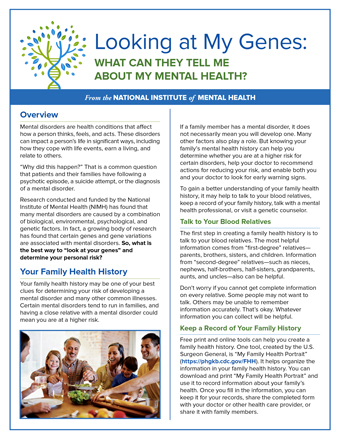



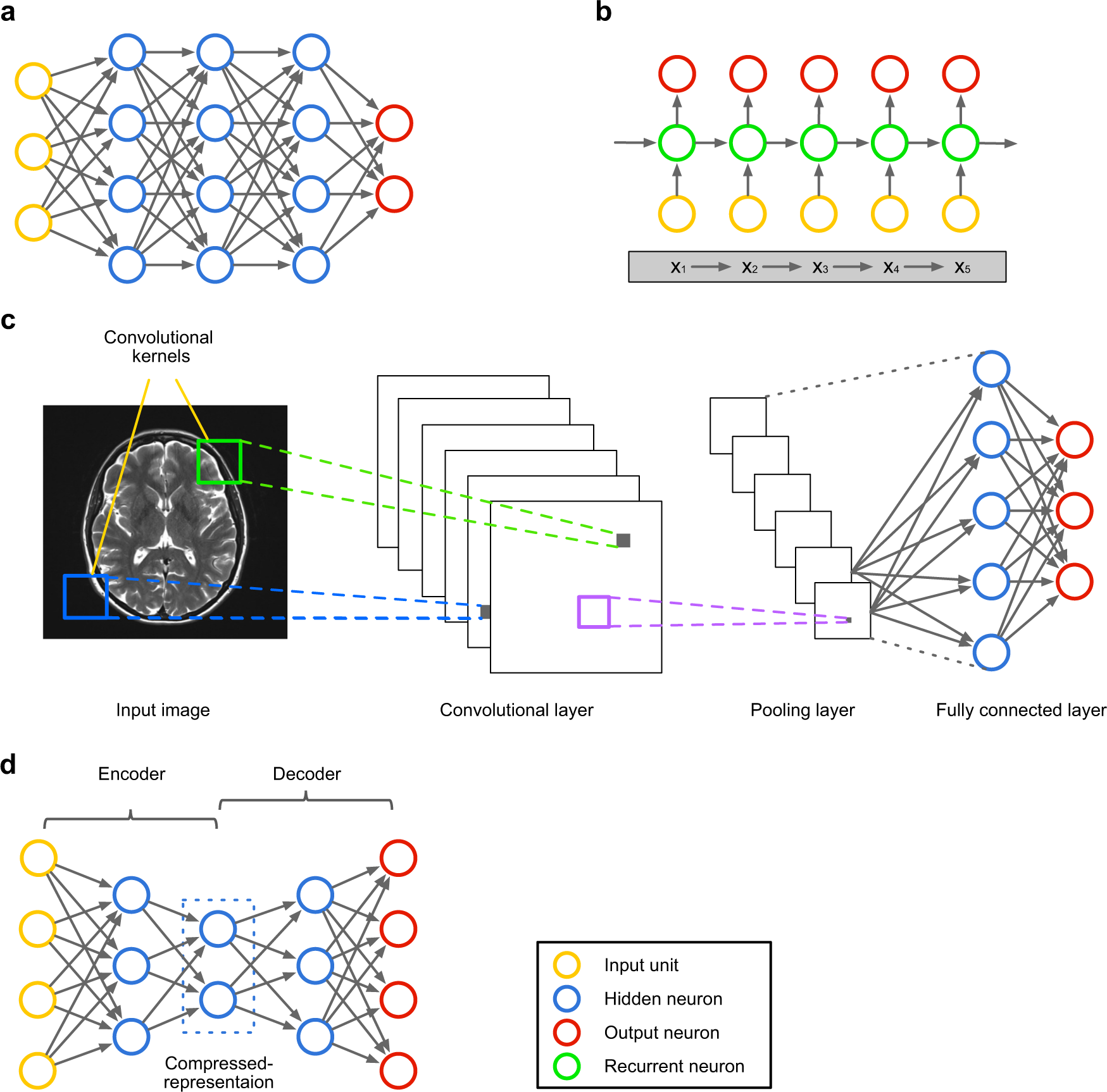







:max_bytes(150000):strip_icc()/neurodivergent-5216749-DD-Final-777ac50f72ec4d98b74a937244744a14.jpg)

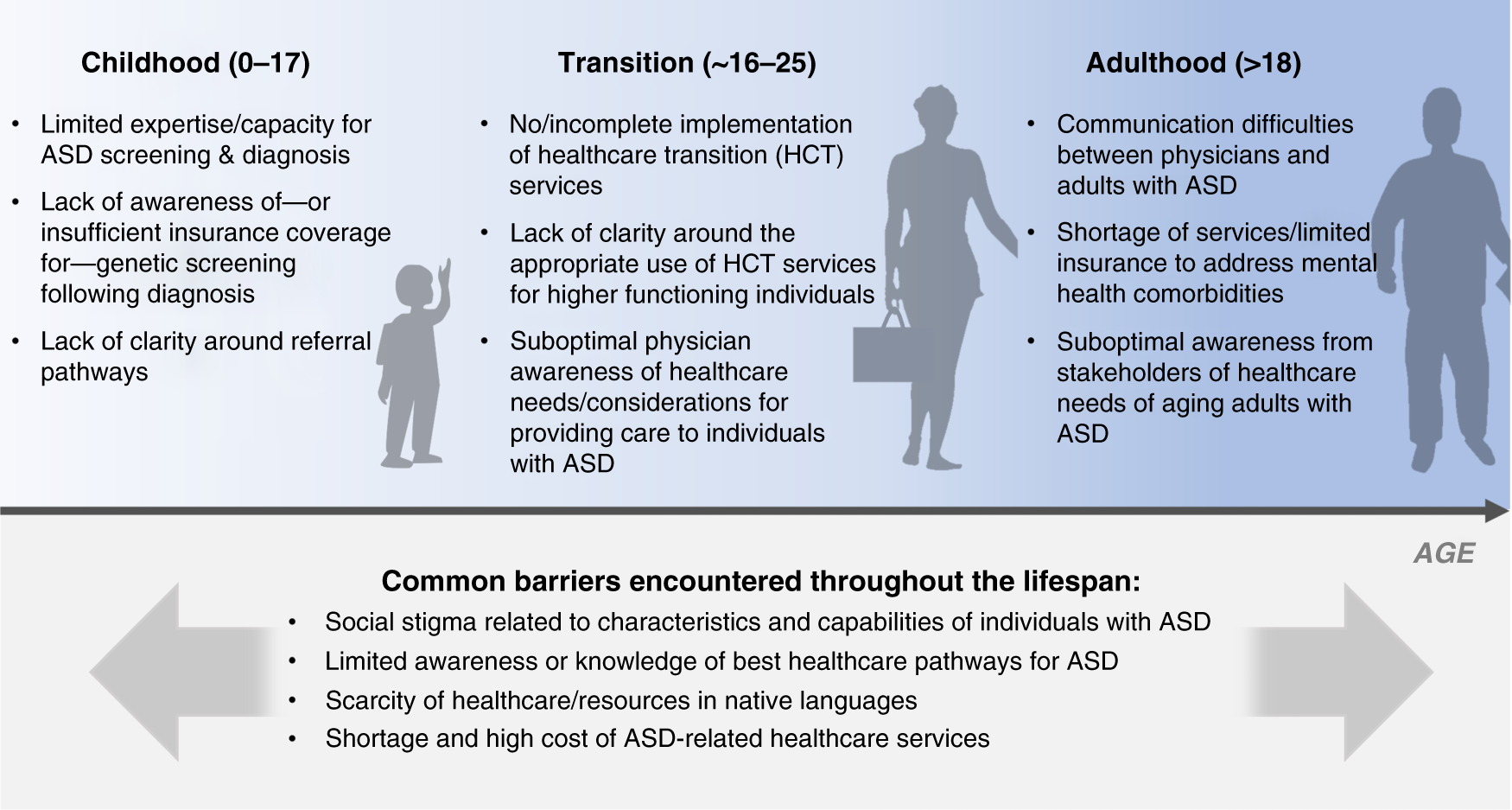
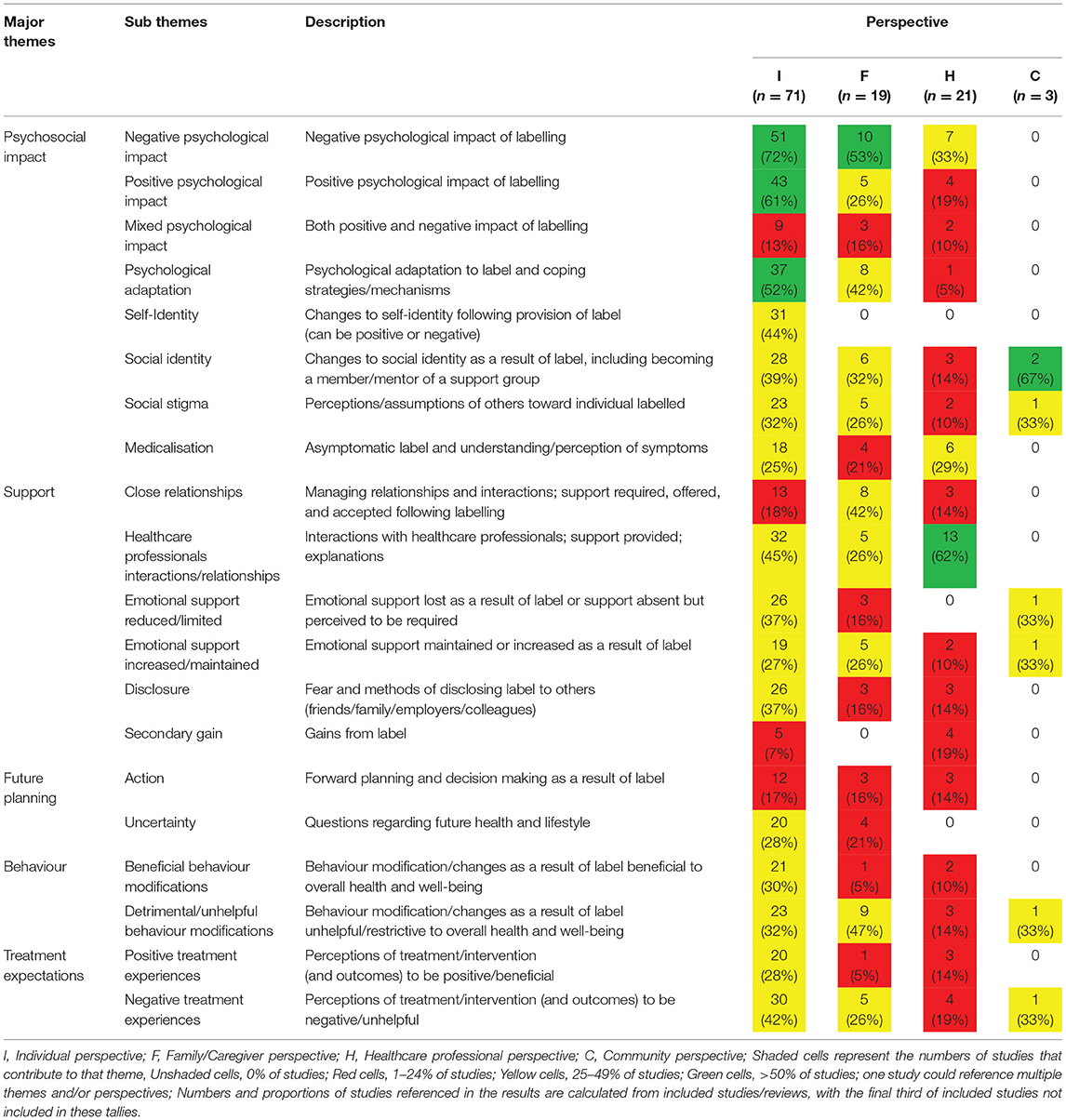
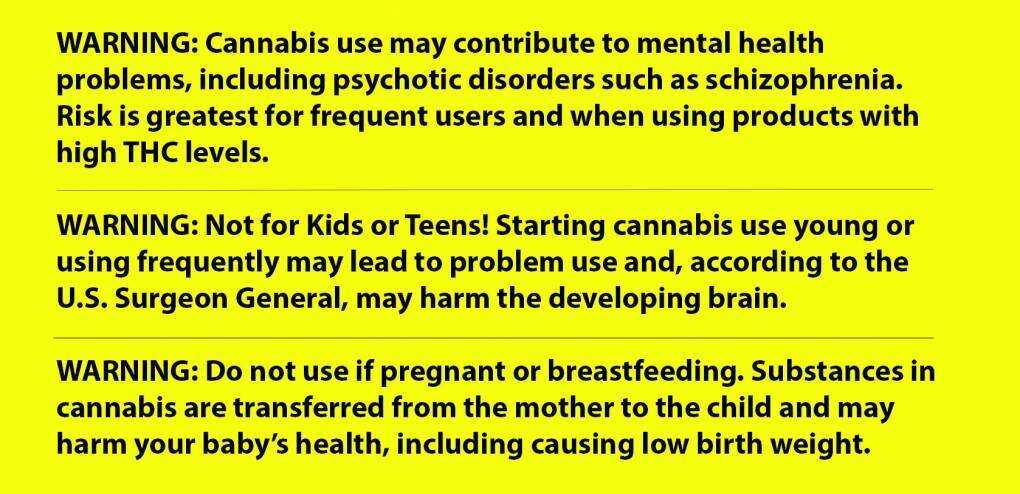






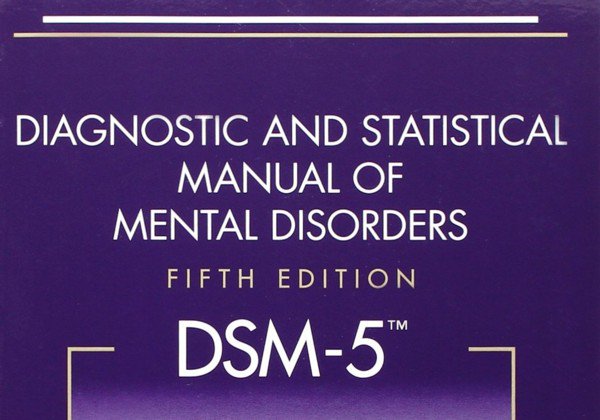
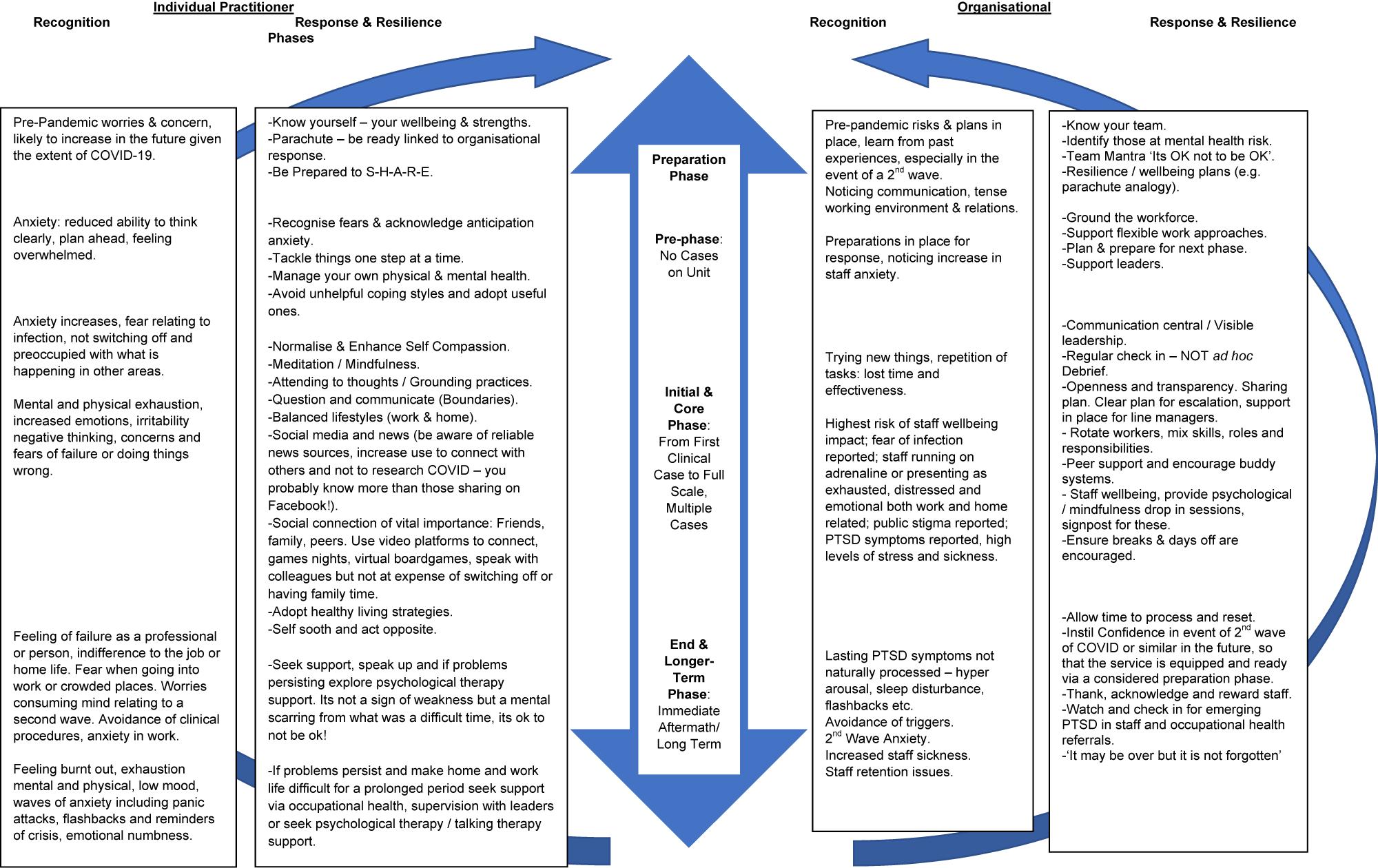


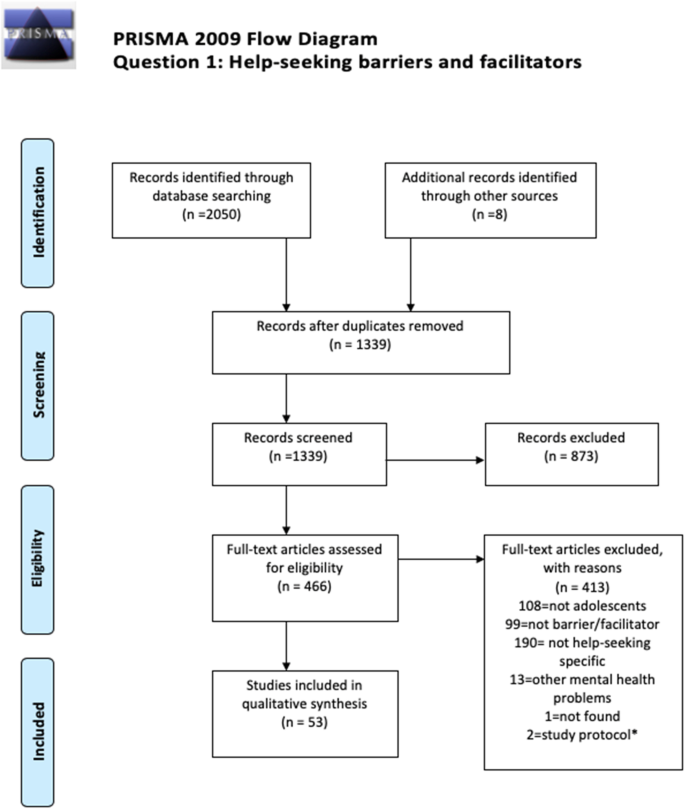

/DSM-5__DSM-IV-TR-58bc7cd15f9b58af5c8f776b.jpg)
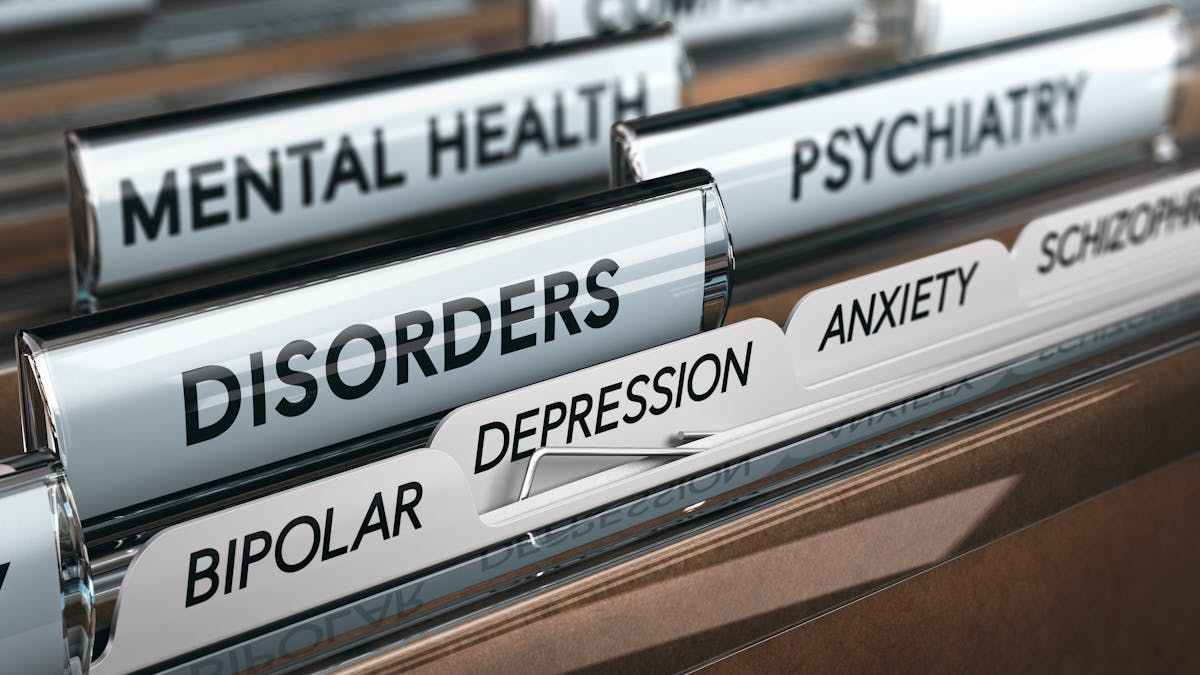
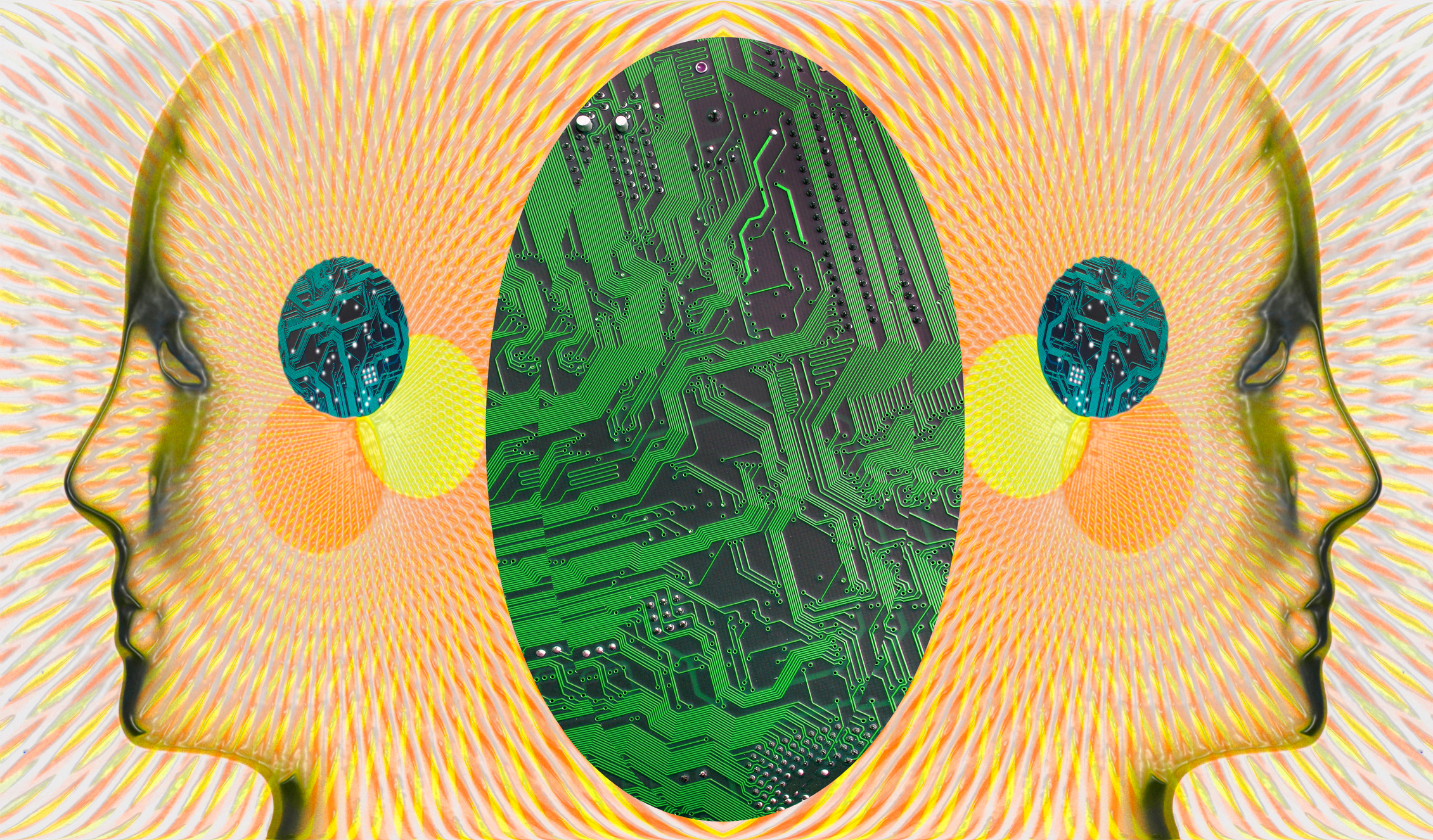

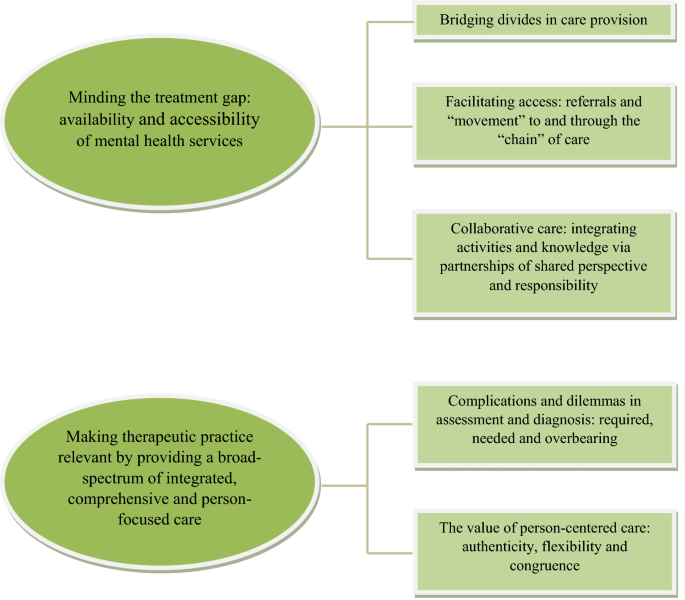
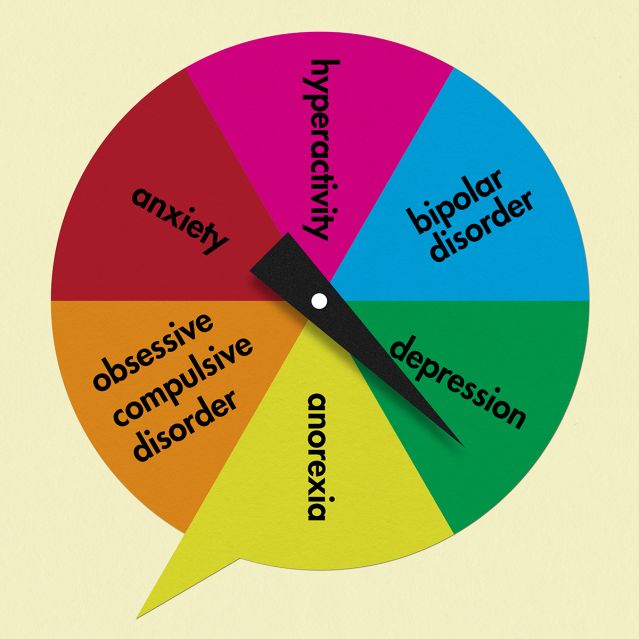
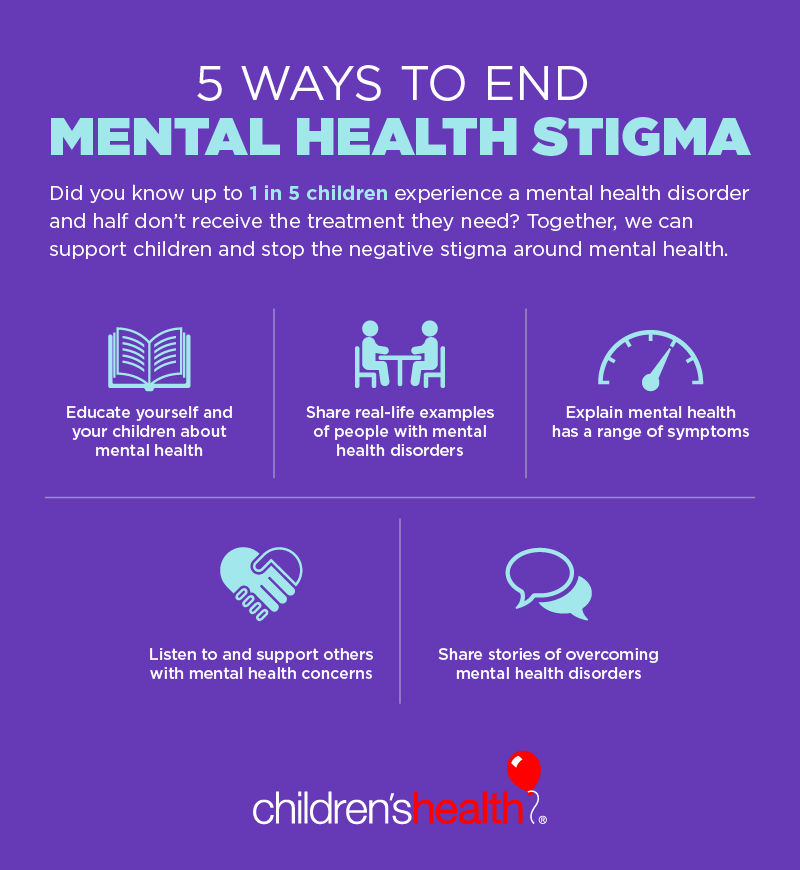
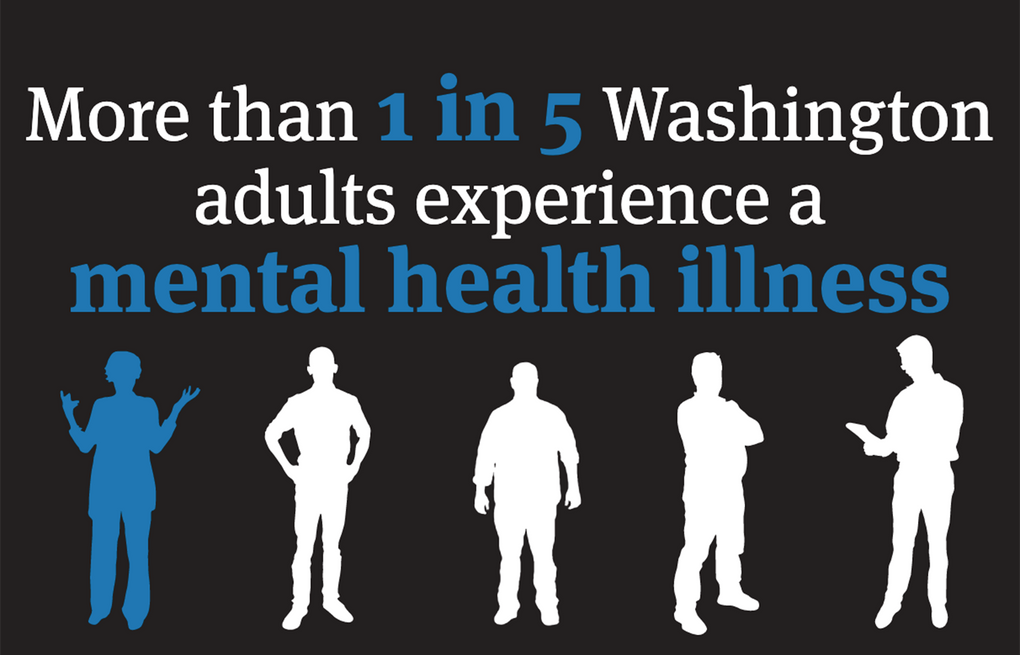
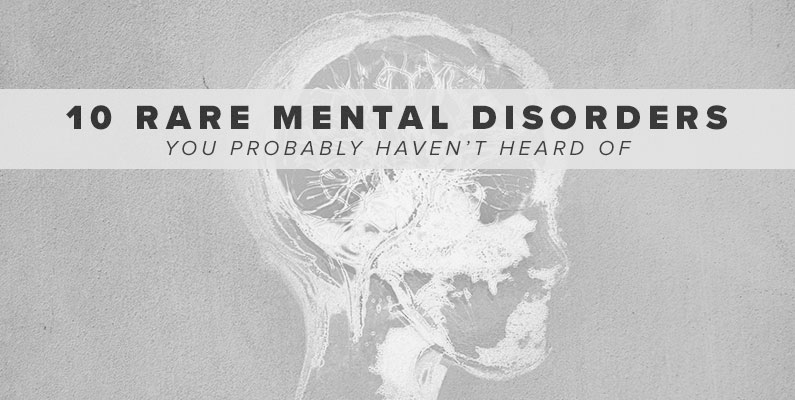
Post a Comment for "43 psychiatric diagnostic labels do not assist health professionals help patients"